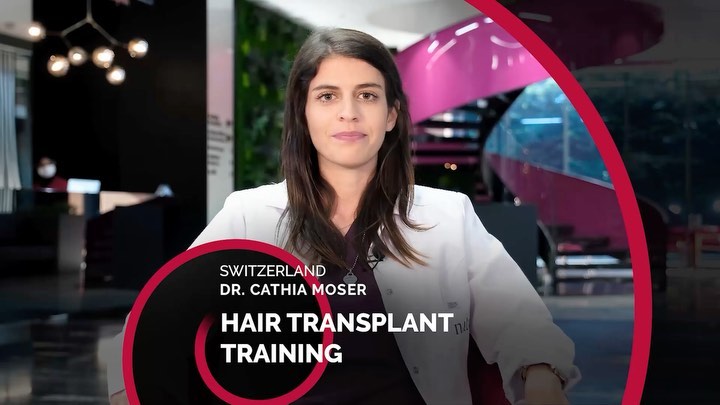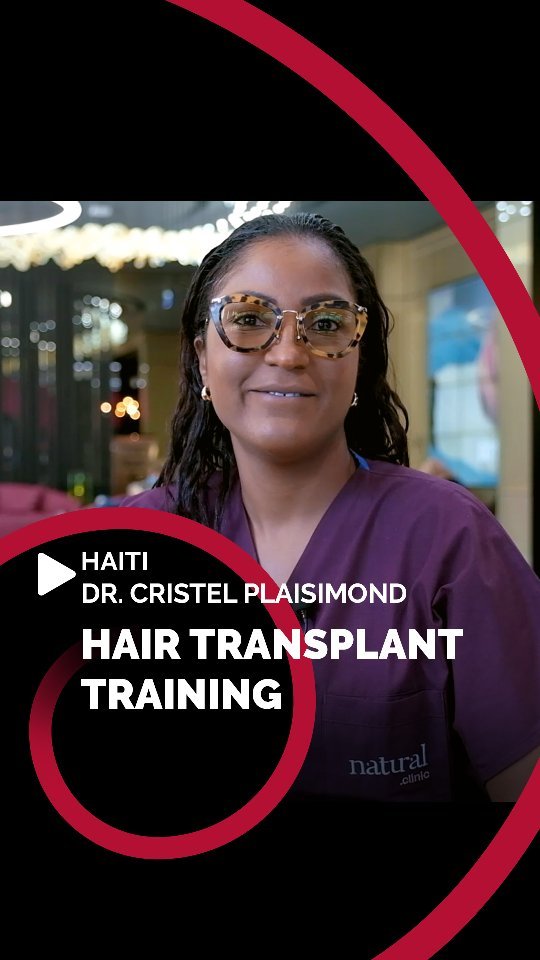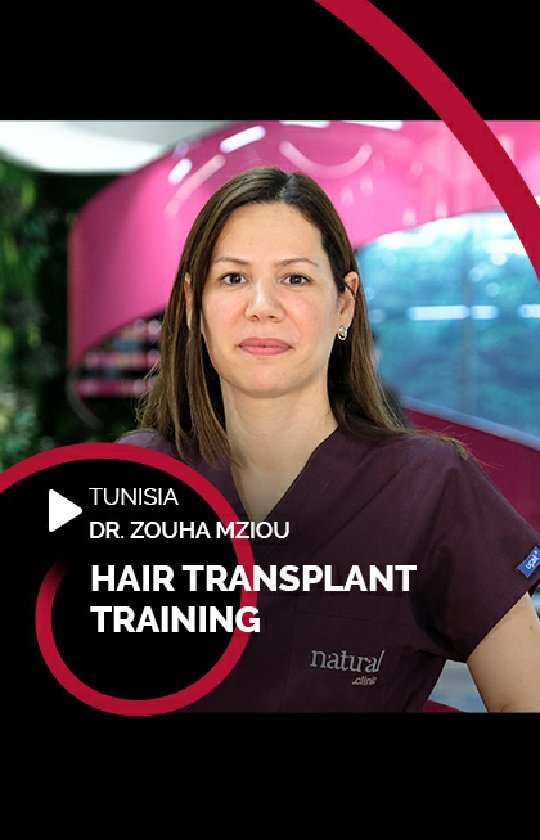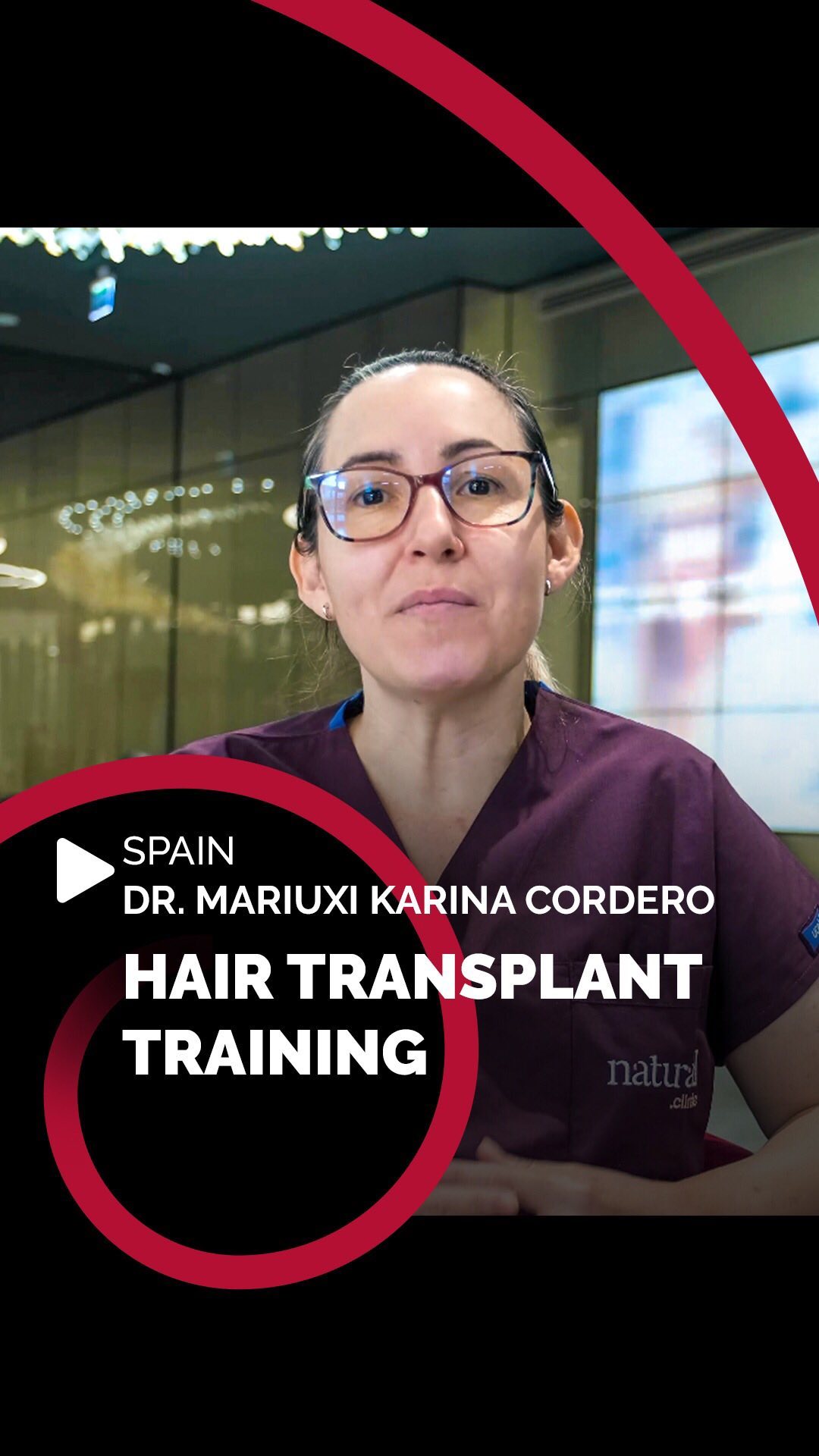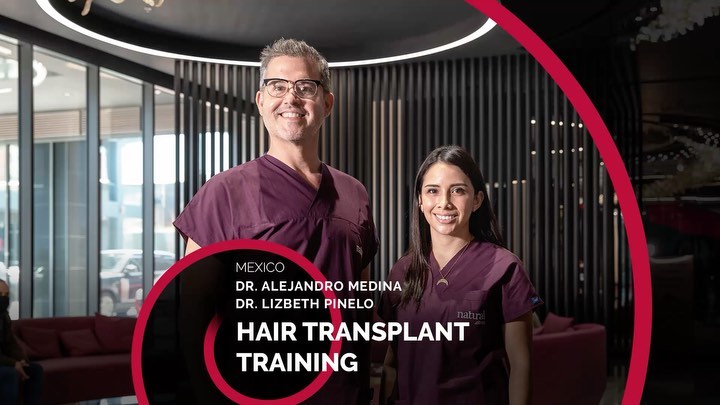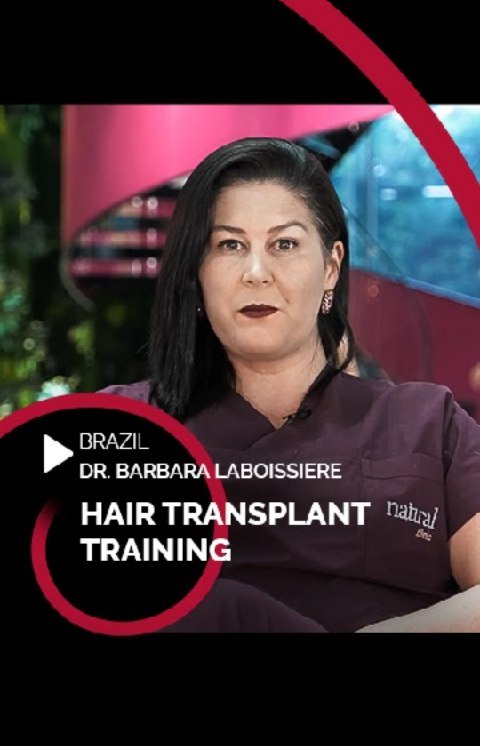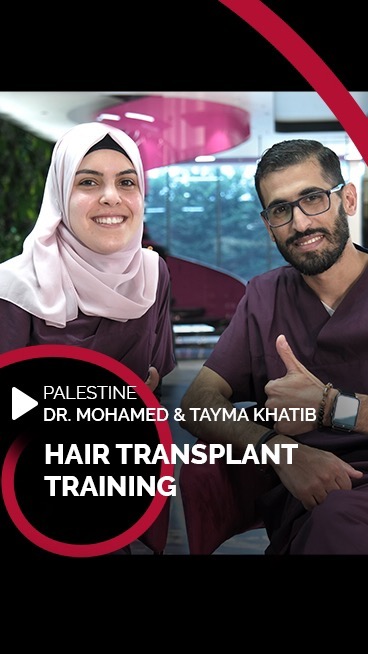Natural Academy is one and only academy providing a Hands-On Private (One-to-One) Bariatric training with 4 different types of packages
HANDS-ON
DISTANCE | Coming Soon

An Overview of
Bariatric Training
Explore the prestigious Natural Academy, a globally recognized institution that has been offering internationally accredited Hands-On and Distance Training to healthcare professionals for over a decade.
In close collaboration with the esteemed Natural Clinic, our cutting-edge programs are designed to elevate your proficiency in aesthetics. Enroll with us to specialize in Bariatric Training, gaining comprehensive knowledge in weight loss surgery techniques and procedures. Our curriculum covers a range of specialties, including hair transplants, dental procedures, and nonsurgical treatments.
Elevate your expertise and earn a globally acknowledged certificate upon completion. Begin your transformative journey with Natural Academy and Natural Clinic today, and position yourself at the forefront of Bariatric Training.
5 Days Course
Gastric Sleeve + Gastric Balloon
1 st DAY: Arrival/Orientation
2 st DAY: Hands-On Grafts Sorting
3 st – 4 st DAY: Extraction (Hands-On)
5 st DAY: Extraction
7 Days Course
Gastric Sleeve + Gastric Balloon
1 st DAY: Arrival/Orientation
2 st DAY: Hands-On Grafts Sorting
3 st DAY: Extraction (Hands-On)
5 st – 7 st DAY: Extraction
10 Days Course
Gastric Sleeve + Gastric Balloon
1 st DAY: Arrival/Orientation
2 st DAY: Hands-On Grafts Sorting
3 st DAY: Extraction (Hands-On)
5 st – 10 st DAY: Extraction
14 Days Course
Gastric Sleeve + Gastric Balloon
1 st DAY: Arrival/Orientation
2 st DAY: Hands-On Grafts Sorting
3 st DAY: Extraction (Hands-On)
5 st – 14 st DAY: Extraction

NATURAL ACADEMY CERTIFICATE
All our trainees will have a globally-accredited certificate showing their expertise in the field delivered by Natural Academy.

NATURAL ACADEMY SPECIALTY CARD
All our trainees will also have a valid worldwide NTC Card showing their professionality in the field they had training from Natural Academy.
HANDS-ON TRAINING (On-set)
Natural Academy is one and only academy providing a Hands-On Private (One-to-One) Hair Transplant training with 4 different types of packages.
Entry requirements
Doctors, Nurses, and registered Physicians -regardless of their specialty and/or previous experience in hair restoration procedures- can take this course.
To register the following documents will be requested:
A copy of your Degree
A copy of your CV
Valid Passport
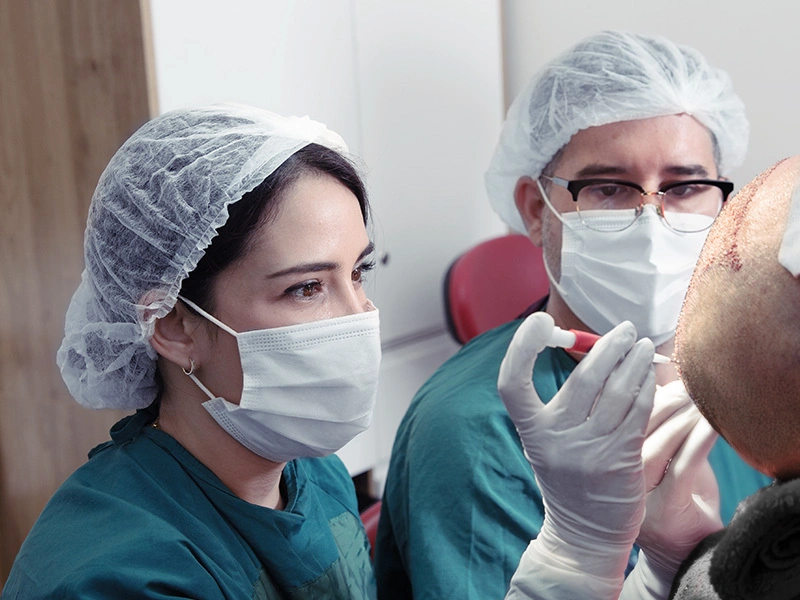

DISTANCE TRAINING (On-set)
Doctors, Nurses, and Technicians -regardless ess of their specialty and/or previous experience in hair restoration procedures- can take this online course.
Content
1,5 hours introduction – Hair Transplant Introcustion
45 minute Extraction video
45 minute Implantation video
15 minute Washing The Hair video
45 minute Q&A Time
Preference of Hundreds of
Doctors from All Around the World
![]()
Bariatric Trainings
Frequently asked Questions
Bariatrics, also known as Weight-Loss Surgery, is the branch of medicine that deals with the causes, prevention, and treatment of obesity and makes changes to the digestive system.
The field of Bariatrics focuses on and treats those who have obesity to promote weight loss and increase overall health with diet, exercise, and behavior therapy. When thinking of bariatrics, you may think of Bariatric Surgery, which is also known as Metabolic Surgery or Weight-Loss Surgery.
Bariatric Surgery, also known as Weight Loss Surgery, is a surgical procedure performed on people who are obese or severely overweight. The primary goal of these procedures is to help patients lose weight and improve their overall health.
Bariatric surgery is the most effective treatment causing weight loss and reducing complications of obesity.
There are several types of Bariatric Operations.
There are currently three primary Weight Loss (or Bariatric) surgeries being performed.
They are:
- Roux-en-Y Gastric Bypass
- Adjustable Gastric Banding and
- Sleeve Gastrectomy
All of these surgeries have pros and cons to them, and none of them are a quick, simple fix for losing weight. Each type of Bariatric Surgery has its own benefits, risks, and eligibility criteria, and it is important to consult with a qualified healthcare provider to determine which option is best for an individual’s specific needs and health status.
Generally speaking, Bariatric Surgery is typically recommended for individuals who have a BMI of 40 or higher, or a BMI of 35-39.9 with at least one obesity-related medical condition, such as type 2 diabetes or high blood pressure. In addition to BMI, other factors that may be considered when evaluating a candidate for bariatric surgery include their age, overall health, and their ability to make lifestyle changes before and after the procedure.
If you are interested in Bariatric Surgery, it is best to speak with your primary care physician or a Bariatric surgeon to determine if it is the right option for you. They can help you evaluate your individual situation and determine if you meet the criteria for bariatric surgery.
Overall, Bariatric Surgery can be a successful tool for weight loss and improved health, but it requires commitment and adherence to post-surgery guidelines. Patients should discuss their options with a healthcare professional to determine if bariatric surgery is right for them.
Bariatric Surgery is a surgical procedure that aims to help people lose weight by reducing the size of the stomach or limiting the amount of food that the stomach can hold. Like any surgical procedure, bariatric surgery involves some degree of pain or discomfort, but there are ways to manage this pain.
During the surgery, you will be under general anesthesia, which means that you will be asleep and won’t feel any pain during the procedure. After the surgery, you may experience some pain and discomfort, but your surgeon will prescribe pain medication to help manage this. You may also experience nausea, vomiting, or other side effects, but your medical team will be able to help manage these as well.
It’s important to follow your doctor’s instructions carefully after the surgery to help manage pain and ensure a smooth recovery. This may include taking medication as prescribed, resting, and avoiding certain activities for a period of time. By working closely with your medical team and following their guidance, you can help minimize pain and discomfort after bariatric surgery.
Most people — about 90% — lose about 50% of their excess weight after a Bariatric Surgery, and keep it off. Different procedures have slightly different results. The average weight loss after Gastric Bypass is about 70% of excess body weight. After a Duodenal Switch, it’s about 80%.
The success rate of Bariatric Surgery can vary depending on several factors, such as the type of surgery, the patient’s pre-surgery weight, age, and overall health. Generally, bariatric surgery is considered successful if the patient achieves and maintains significant weight loss and experiences improvements in related health conditions, such as type 2 diabetes, high blood pressure, and sleep apnea.
According to studies, the success rate of Bariatric Surgery varies from 50% to 80%, depending on the type of surgery and the criteria used to define success. For example, gastric bypass surgery has been found to have a success rate of approximately 70-80%, with patients typically losing about 60-80% of their excess weight within two years of the procedure. In contrast, the success rate of gastric sleeve surgery is slightly lower, ranging from 60-70%.
It’s important to note that Bariatric Surgery is not a one-time solution for weight loss, but rather a tool to help individuals achieve and maintain a healthier weight. Long-term success also depends on the patient’s commitment to making lifestyle changes, such as adopting a healthier diet and increasing physical activity. Regular follow-up with a healthcare provider is also critical for monitoring weight loss and managing any potential complications after surgery.
Ultimately, the decision of which operation to perform on a patient will depend on a variety of individual factors and will be typically made by a team of healthcare professionals, including a bariatric surgeon, a registered dietitian, a psychologist or mental health professional, and other specialists as needed after the patient’s consultation with them.
There are several types of Bariatric Surgery available, and the choice of surgery depends on various factors, such as the patient’s medical history, body mass index (BMI), and other health conditions.
It is important to note that Bariatric Surgery is not a one-size-fits-all solution, and the choice of surgery should be made in consultation with a qualified Bariatric surgeon. The selection of the most appropriate bariatric surgery procedure is typically based on several factors, including:
- Age and overall health: The patient’s age and overall health status will also be considered, as some operations may be riskier for older patients or those with underlying health issues.
- Medical History: The patient’s current health status, including any existing health conditions that may affect the choice of surgery, past surgeries and any medical conditions, will be considered to determine the most appropriate procedure.
- Consultation: The surgeon will typically consult with the patient and other healthcare professionals, such as the patient’s primary care physician or specialists, to determine the best course of action.
- Diagnosis: The type and severity of the patient’s condition or disease will help the surgeon determine which operation is necessary. For example, a patient with a tumor may require a biopsy or surgical removal of the tumor.
- Imaging tests: Imaging tests such as X-rays, CT scans, and MRI scans may be used to help diagnose the patient’s condition and plan the surgery.
- Risks and benefits: The risks and benefits of the surgery, including the potential for complications and the expected outcome, will also be taken into account when determining which operation to perform.
- The patient’s Body Mass Index (BMI) and degree of obesity.
- The patient’s weight loss goals and expectations.
- The patient’s ability to adhere to post-surgery dietary and lifestyle changes.
Surgery always carries some risks, so it is important to weigh the benefits against the risks before surgery. Therefore asking to your healthcare provider to outline the possible complications is important before the surgery.
Bariatric Surgery, also known as Weight Loss Surgery, is a surgical procedure used to treat severe obesity in people who have failed to lose weight through non-surgical methods. While Bariatric Surgery can be effective in helping people lose weight and improve their overall health, it is a major surgery and carries certain risks and potential complications, including:
- Infection: Any surgery carries the risk of infection. Antibiotics may be given before and after surgery to help prevent infections.
- Bleeding: Bleeding can occur during or after surgery. In rare cases, a blood transfusion may be necessary.
- Deep vein thrombosis (DVT) and pulmonary embolism (PE): DVT is a blood clot that forms in a vein, usually in the legs. PE occurs when a blood clot travels to the lungs. These are potentially life-threatening complications that can occur after surgery.
- Dumping syndrome: This occurs when food moves too quickly through the stomach and into the small intestine. Symptoms can include nausea, vomiting, diarrhea, and abdominal cramping.
- Nutritional deficiencies: Bariatric surgery can limit the body’s ability to absorb certain vitamins and minerals, leading to deficiencies. Patients may need to take vitamin and mineral supplements for the rest of their lives.
- Gallstones: Rapid weight loss after bariatric surgery can increase the risk of developing gallstones.
- Bowel obstruction: Scar tissue from the surgery can cause a blockage in the small intestine.
- Ulcers: Bariatric surgery can increase the risk of developing stomach or intestinal ulcers.
- Hernias: The incisions made during surgery can weaken the abdominal muscles, leading to a hernia.
It is important to note that many of these complications are rare and can often be prevented or treated with appropriate medical care. Patients considering bariatric surgery should discuss the risks and benefits with their healthcare provider and follow all pre-and post-operative instructions carefully.
Weight Loss Surgery is considered successful if you lose 50% of your excess weight and keep it off. By this standard, the success rate is 90%. Many people experience steady weight loss for the first two years, then stall or regain some weight after that. Usually, the weight regained is less than 25%.
Bariatric Surgery, also known as Weight Loss Surgery, can be successful in helping individuals achieve and maintain significant weight loss, which can improve their health and quality of life. Here are some factors that contribute to the success of bariatric surgery:
- Strict adherence to the recommended diet: Following the recommended diet after surgery is crucial to achieving success. Patients must consume small meals with high protein content, limit carbohydrates and sugars, and drink plenty of water.
- Regular exercise: Regular exercise is also important for successful weight loss after bariatric surgery. Patients should consult their doctor about an appropriate exercise program that fits their physical condition.
- Support system: A strong support system, including family, friends, and healthcare professionals, can make a significant difference in a patient’s success. Support can help patients stay motivated and accountable to their goals.
- Follow-up care: Regular follow-up care with healthcare providers is essential for success. Patients should be monitored for nutritional deficiencies and potential complications, and their progress should be tracked over time.
- Patient commitment: Finally, a patient’s own commitment to lifestyle changes and their willingness to adhere to post-surgery guidelines is critical to the success of bariatric surgery. Patients must be dedicated to making significant changes in their eating and exercise habits for long-term success.
Gastric Bypass is a surgical procedure that helps people who are severely overweight or obese to lose weight by reducing the size of the stomach and rerouting the small intestine. During the procedure, the surgeon creates a small pouch at the top of the stomach, which limits the amount of food that can be eaten at one time and helps the patient feel full sooner.
The small intestine is then cut and rerouted to this new pouch, bypassing most of the rest of the stomach and the upper part of the small intestine. This reduces the amount of calories and nutrients that are absorbed from food, leading to weight loss.
Gastric Bypass is usually reserved for people with a body mass index (BMI) of 40 or higher, or a BMI of 35 or higher with obesity-related health conditions such as diabetes, high blood pressure, or sleep apnea. The procedure is typically performed laparoscopically, which means it is minimally invasive and involves smaller incisions than traditional open surgery. However, gastric bypass is a major surgical procedure and carries risks, so it is not recommended for everyone and should only be considered after other weight loss methods have been tried and failed.
Gastric Botox is a medical treatment that involves injecting botulinum toxin (commonly known as Botox) into the stomach muscles to treat certain digestive disorders. Botulinum toxin is a natural protein produced by the bacterium Clostridium botulinum, and it works by temporarily paralyzing the muscles it targets.
In the case of Gastric Botox, the injection of botulinum toxin into the stomach muscles can help to relax the muscles and reduce their contractions. This can be beneficial for people with certain digestive disorders, such as gastroparesis (delayed gastric emptying) or achalasia (a condition in which the lower esophageal sphincter does not relax properly). The treatment involves using an endoscope to access the stomach and injecting small amounts of botulinum toxin into the muscles. The effects of the treatment typically last for several months, after which the injections may need to be repeated.
It is important to note that Gastric Botox is a medical treatment that should only be performed by a qualified medical professional. Like any medical procedure, it carries some risks, such as infection or injury to the stomach or surrounding tissues. Therefore, it is important to discuss the risks and benefits of gastric botox with a healthcare provider before undergoing the treatment.
A Gastric Balloon is a non-surgical weight loss procedure that involves placing a deflated balloon in the stomach through the mouth and then inflating it with saline solution. The Balloon takes up space in the stomach, making the patient feel full and reducing their food intake. The Balloon is left in place for a period of about six months before it is removed.
The procedure is usually recommended for people who are obese or overweight and have not been able to lose weight through diet and exercise alone. It is also recommended for those who may not be good candidates for weight loss surgery. The gastric balloon is intended to help patients achieve significant weight loss and improve their overall health, including reducing the risk of obesity-related illnesses such as diabetes, heart disease, and sleep apnea.
The procedure is typically performed on an outpatient basis under sedation or anesthesia and takes about 20-30 minutes. Patients may experience some discomfort or nausea for the first few days after the procedure, but these symptoms usually subside quickly. It is important to note that the Gastric Balloon is not a permanent solution for weight loss and that patients will still need to make lifestyle changes such as diet and exercise to maintain their weight loss results after the balloon is removed.
Gastric Sleeve, also known as Sleeve Gastrectomy, is a surgical weight loss procedure in which a portion of the stomach is removed, leaving a smaller, banana-shaped stomach. This procedure is usually performed laparoscopically, which means that small incisions are made in the abdomen to insert surgical instruments and a camera to perform the surgery. During the surgery, the surgeon removes about 75% of the stomach, leaving a smaller stomach that can hold less food. The remaining portion of the stomach is then sealed and removed from the body.
The primary goal of the gastric sleeve procedure is to reduce the size of the stomach and limit the amount of food that can be consumed at one time, leading to weight loss. The procedure also helps to reduce the production of ghrelin, a hormone that stimulates hunger, which can help to reduce food cravings and appetite.
Gastric Sleeve is typically recommended for people who are severely overweight or obese, with a body mass index (BMI) of 40 or more, or a BMI of 35 or more with obesity-related health problems such as type 2 diabetes, sleep apnea, or high blood pressure. It is important to note that gastric sleeve is a major surgery and should only be considered after careful evaluation and discussion with a healthcare provider.
It should also be sure to understand when the patient should notify his/her healthcare provider or seek immediate medical attention for complications. It should also be discussed pain and ways to manage any pain that may follow the procedure.
WE ARE HERE TO CONSULT YOU
Natural Group
A distinguished conglomerate comprising esteemed brands and institutions at the forefront of the aesthetics and medical care domain. Serving as the unifying force for these exceptional entities, Natural Group epitomizes a commitment to excellence, innovation, and a collective mission to enrich lives on a global scale.

At Natural Clinic, we are a pioneering medical tourism clinic dedicated to transformative aesthetic procedures. With a passion for excellence, our experienced surgeons and doctors deliver outstanding results, fostering enduring relationships with global patients.


Embracing nature’s finest ingredients and the latest scientific breakthroughs, Natural Care provides a holistic approach to hair and skin care, ensuring remarkable results and a renewed sense of confidence for our cherished clientele worldwide.


We introduces a unique concept of medical suits, offering 24/7 care to our patients during their stay in our clinic. With personalized attention and comfort, Natural Suits exemplifies our commitment to comprehensive patient well-being.




